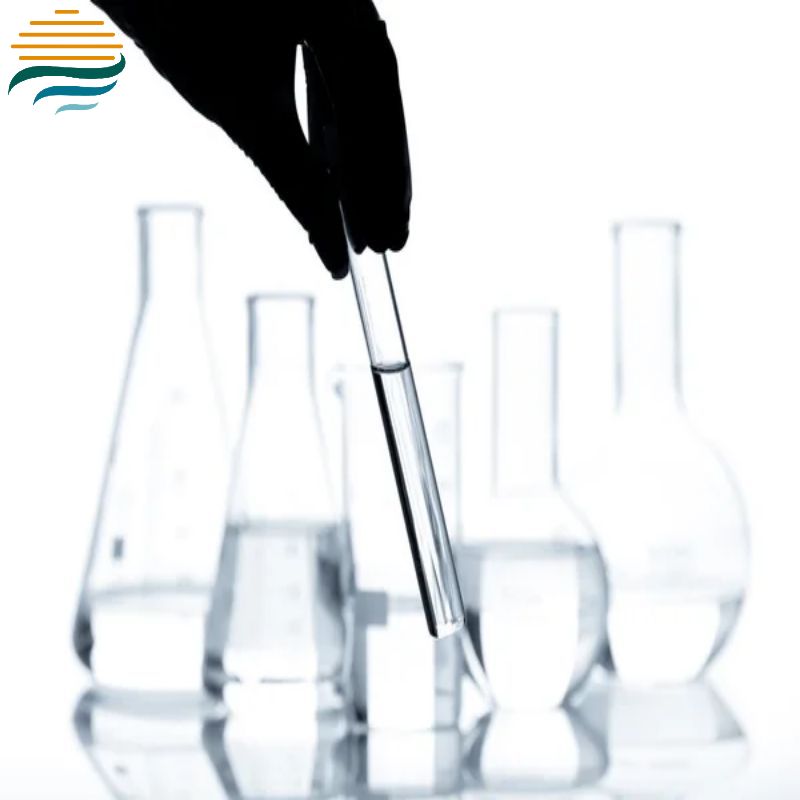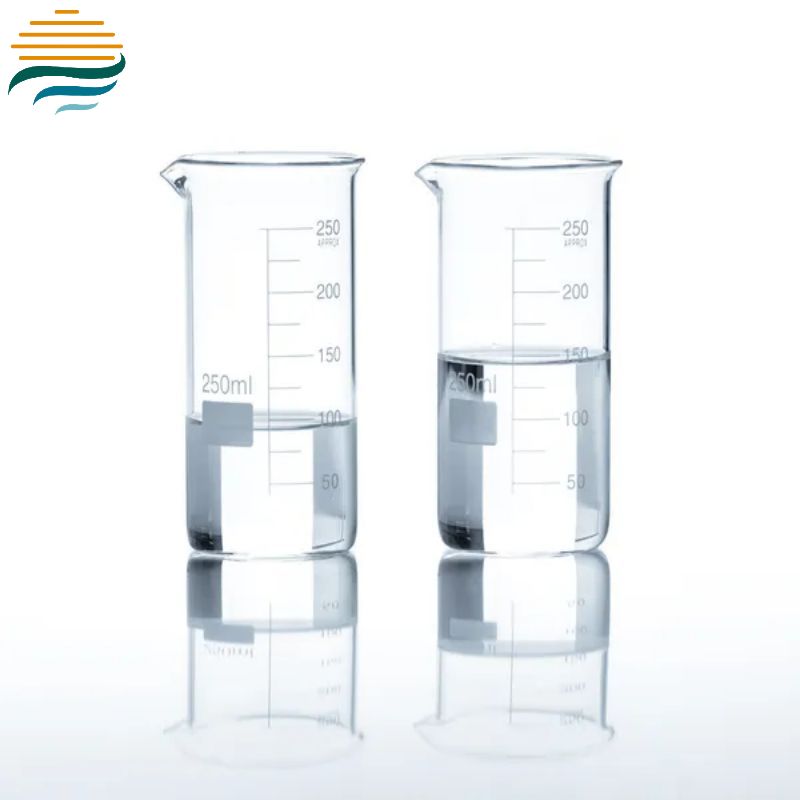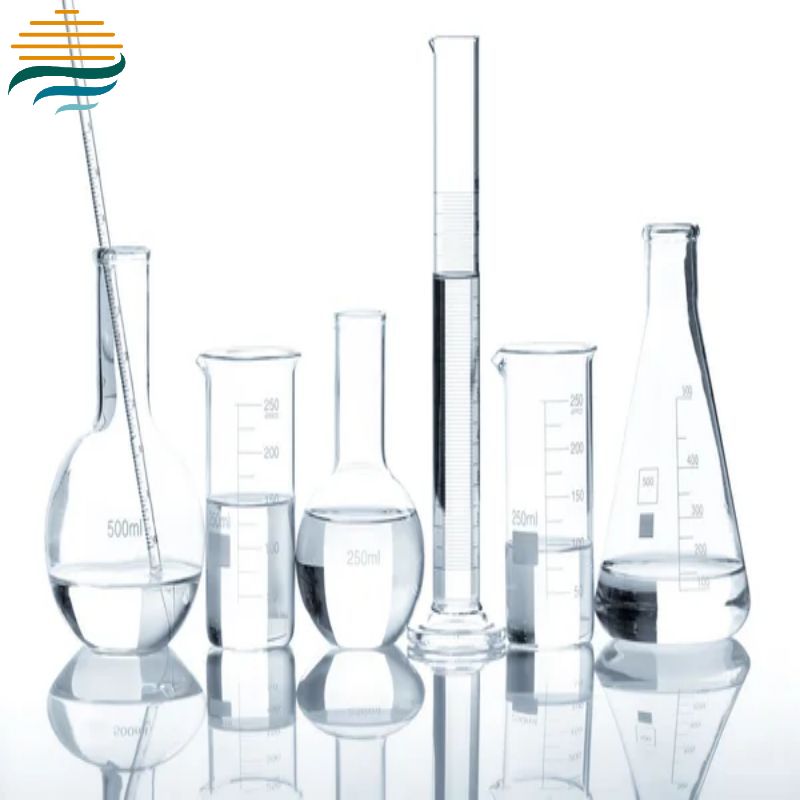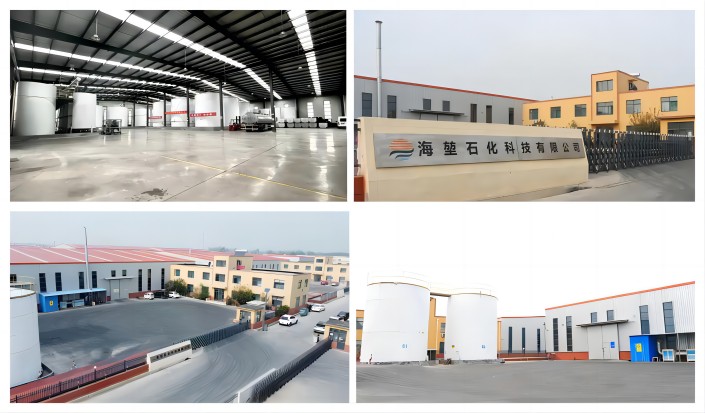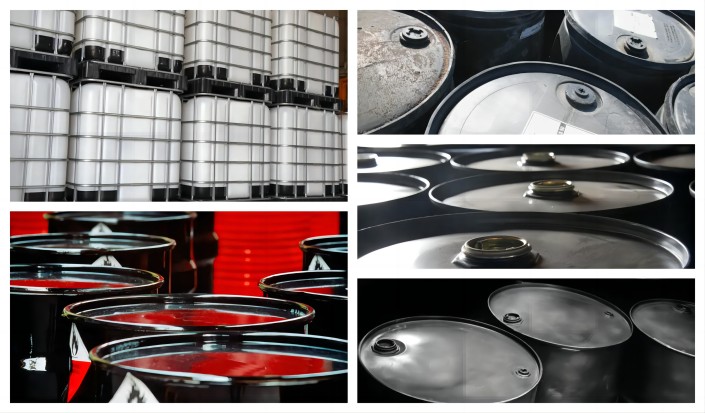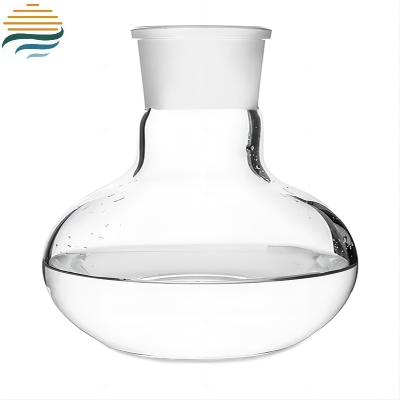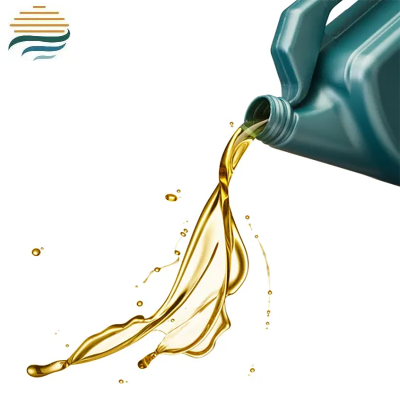Dielectric Oil for Capacitors
An insulation fluid made from benzyl toluene, benzyl toluene insulating oil is chiefly utilized for the insulation and cooling of electrical devices. Its remarkable electrical insulation capabilities and thermal stability enable it to be widely employed in high - voltage transformers and cables. Thanks to the chemical properties of benzyl toluene, it remains stable in high - temperature and humid environments, which extends the lifespan of power equipment.
Product Details:Dielectric Oil for Capacitors
Benzyl toluene insulating oil's application in capacitors reveals its excellent insulation characteristics. In comparison to traditional capacitor oils, it not only gives higher - level electrical insulation but also excels in thermal management. Due to its chemical stability, this insulating oil can perform outstandingly in high - temperature and humid conditions. This effectively prolongs the lifespan of capacitors and boosts the overall performance of the equipment.
Parameter:
Reference Standard:GB 21221-2007 | ||
Item | Unit | ndex Value |
Appearance | ------- | Colorless transparent liquid |
Density(20℃) | g/cm³ | 0.980-1.020 |
Acid Number | mg KOH/g | ≤0.015 |
Flash Point | ℃ | ≥135 |
Pour Point | ℃ | ≤-60 |
Kinetic viscosity(40℃) | mm²/s | ≤4.0 |
Breakdown Voltage (Spherical electrode/50Hz,2.5mm) | KV | ≥70 |
Dielectric Dissipation Factor (90℃-50Hz) | ------ | ≤0.001 |
Electric volume resistivity(90℃) | Ω.m | ≥1.0*10¹² |
Relative Permittivity (90℃-50Hz) | ---- | 2.45-2.55 |
Water Content | mg/kg | ≤50 |
Gassing Property | m³/min | ≤-130 |
Chlorine Content | mg/kg | ≤30 |
Epoxy Content | Mg HCI/g | 1.6-2.0 |
1. Performance Characteristics
Typically, capacitor oil has a dielectric strength higher than 30 kV/mm, and this high dielectric strength effectively blocks current leakage. Its very low dielectric constant and loss factor make it an excellent choice for high - frequency applications. It shows strong resistance to oxidation and hydrolysis, and over a long period of use, it can maintain its physical and chemical properties. Since it doesn't readily react with the moisture and oxygen in the air, the possibility of oil degradation is minimized.
2. Analysis of the Synthesis Method of Benzyltoluene
Synthesis employing Lewis acid as a catalyst: The catalysts applied in the synthesis process where Lewis acid acts as the catalyst mainly consist of metal halides including AlCl3, FeCl3, ZnCl2 and GaCl3. Developed by Hess in Germany in the 1960s, this method used AlCl3 as the catalyst. The synthesis experiment of benzyltoluene was carried out at 60 - 70 ℃. After distillation, monobenzyltoluene was separated from the reaction product, and then benzyl chloride was added to react with it to get dibenzyltoluene, achieving a yield of 84% of the theoretical value.
Own Factory
Employees at Working
Canned Oil Products
Transportation
Enterprise Culture
We support the concept of "openness and sharing". Employees, departments, and partners are all encouraged to share knowledge and experience. This open - minded attitude promotes the quick flow of information, quickens the pace of problem - solving, and spurs the overall development of the enterprise.
Customer Testimonials
"For my business in South America, Haikun Petrochemical's transformer oil has been a great find. They understand customer needs and provide a product with precise parameters. The lab report is professional, and the sales service made the purchase hassle - free. I'm very pleased. " - Chile, Sofia Ramirez


